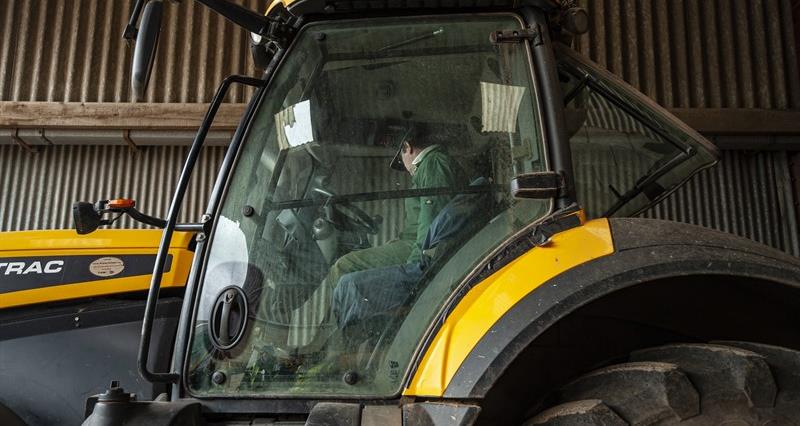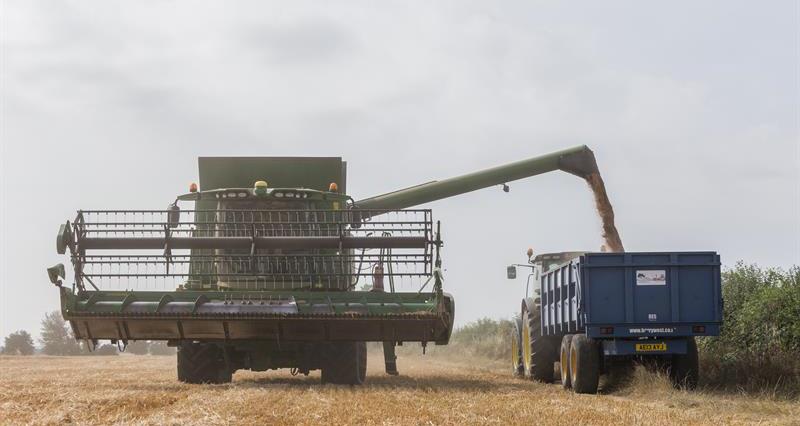What is a fast tractor?
High speed tractors only have two machines that currently fall into this category: JCB Fastrac and Mercedes Unimog, where the Unimog is registered as a tractor.
JCB Fastracs and Mercedes Unimogs are manufactured more in line with HGVs, such as, but not limited to, the additional emergency brake and all-wheel suspension that legally allows these machines to travel up to 40mph/65kmph on the roads.
Speed restrictions
Owing to the increased risk associated with a tractor travelling at faster speeds on roads, the Fastrac and Unimog are required to have a minimum braking efficiency of 50%.
As these tractors are travelling at faster speeds, they are not subject to some defect exemptions available to standard tractors, such as, but not limited to, tyre condition.
Legally tractors and agricultural machines that are not characterised as “high-speed” are subject to the following speed limits:
- Width under 2.55m = Max speed 25mph/40kmph
- Width 2.55m and over but under 3.5m = Max speed 20mph/32kmph
- Width 3.5m and over = Max speed 12mph/19kmph
This is because these tractors only have front axle suspension, and only have service and parking brakes. They are only required to have a braking efficiency of 25%.
Driving tractors at slower speeds also reduces the associated risk by allowing them to brake more quickly, compared to those travelling at faster speeds. This also applies if you are travelling with a trailer.
A slower tractor and trailer unit at the maximum combined MAM of 31T will brake faster than a faster tractor with an unloaded trailer.
Licence requirements
The Unimog can fall within various categories and the rules which apply differ depending on its functionality, its use and how it is taxed with DVLA. In principle, a Unimog by default would be classed as a truck (a vehicle that carries goods) but it is possible to classify the Unimog as an Agricultural vehicle (i.e. a tractor), if it is only used for agricultural purposes.
This is defined as restricted only used for agriculture, horticulture, forestry, and for trimming hedges.Â
Provided that the vehicle complies with the definition given above, holders of Category F or Category B licences may drive high-speed agricultural tractors. For Category F licence holders, the vehicle must be under 2.45m wide.
Unimogs categorised as an agricultural machine are not permitted on the motorway and are not subject to MOTs.
When driving as a goods vehicle, licencing by weight category applies.
For more information on the requirements for Unimogs, please visit: .
More from »ĘĽŇ»ŞČË:


